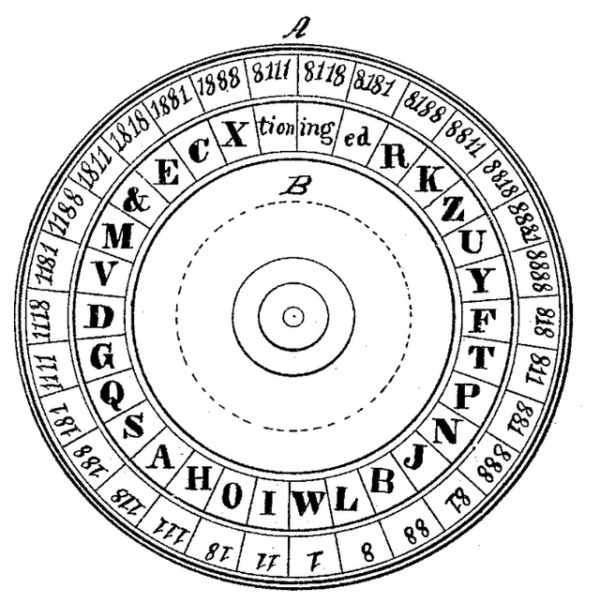
Google has unveiled a revolutionary quantum computer that marks a significant milestone in computing technology. The announcement positions this new machine as a potential catalyst for advancements in areas like artificial intelligence and drug discovery.
The computer, powered by a chip named “Willow,” performed a mathematical calculation in less than five minutes—something that would take the fastest supercomputers an estimated 10 septillion years to complete, according to The New York Times. While this accomplishment demonstrates quantum computing’s extraordinary potential, it also emphasizes the experimental nature of the technology, which is still far from widespread practical use.
Google’s new quantum computing chip Willow is septillions of times faster than a classical computing chip – it would take a classical computer 10 septillion (10,000,000,000,000,000,000,000,000) years to simulate what Willow can do in 300 seconds pic.twitter.com/RRF4DrASfd
— Tsarathustra (@tsarnick) December 9, 2024
Quantum computers operate on principles of quantum mechanics, a fundamental shift from traditional computing. Unlike classical computers, which rely on binary bits (1s and 0s), quantum computers use quantum bits, or “qubits.” Qubits can exist in multiple states simultaneously, allowing them to process vast amounts of data exponentially faster. However, qubits are highly fragile and require precise conditions, including extremely low temperatures, to function.
Google’s machine represents years of progress and includes breakthroughs in error correction, a major challenge for quantum technology, noted the BBC. In a paper published in Nature, Google revealed that their system had crossed the “error correction threshold,” an achievement bringing quantum computing closer to real-world applications.
While everyone watches AI, Google broke time itself.
Their quantum chip just solved a problem that would outlast the universe — in 5 minutes.
And this is just the start…
What you need to know about Willow — and how it’ll transform humanity in 2030+: 🧵 pic.twitter.com/18Icm2jRXy
— Kevin Joey Chen (@kevxalchemy) December 10, 2024
Despite this progress, experts warn that quantum computing still has a long road ahead. Current quantum machines excel in narrow tasks like generating random numbers but have limited practical applications. Fully operational quantum computing, which could revolutionize industries such as medicine and cybersecurity, may still be decades away.
Theoretical physicist John Preskill from the California Institute of Technology acknowledged the long-term potential, explaining to The New York Times, “Though it still might be decades away, we will eventually see the impact of quantum computing on our everyday lives.”
Google’s announcement comes amid intense global competition in quantum research. U.S. companies like IBM, Microsoft, and Intel are advancing their own quantum technologies, while China has pledged over $15 billion to become a leader in the field. These efforts aim for “quantum advantage,” the point at which quantum machines outperform classical computers in practical scenarios.
[Read More: Library Gets Incredible Gift…Two Returned Books]










Can we add chip to Macs , PCs & phones??